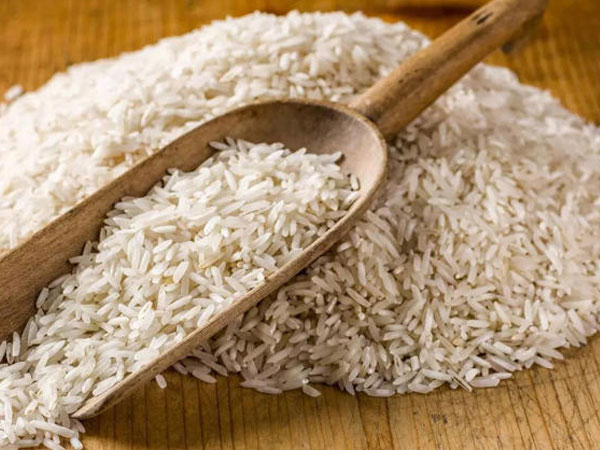 As tensions persist between India and Pakistan over military operations along the Line of Control, concerns emerged on social media and trade circles about potential disruptions in Basmati rice exports. However, the All India Rice Exporters Association (AIREA) has dismissed such concerns, clarifying that the recent uptick in Basmati rice prices is entirely market-driven and unrelated to the geopolitical climate.
As tensions persist between India and Pakistan over military operations along the Line of Control, concerns emerged on social media and trade circles about potential disruptions in Basmati rice exports. However, the All India Rice Exporters Association (AIREA) has dismissed such concerns, clarifying that the recent uptick in Basmati rice prices is entirely market-driven and unrelated to the geopolitical climate.
Speaking to Press Trust of India (PTI), AIREA President Satish Goel said: "The price movement is demand-driven. There is no disruption in trade due to India-Pakistan tensions."
He confirmed that India’s rice export channels remain fully operational, with steady demand from Saudi Arabia, Iran, and Iraq driving the modest price increase since March 2025.
Backed by market data, former AIREA President Vijay Sethia highlighted a similar trend. Prices of the popular 1509 Basmati variety, which had peaked at Rs 62 per kg in September 2024, dipped to Rs 52 per kg by February 2025 due to a bumper harvest. A rebound in demand later pushed prices to Rs 58 per kg in March, though they remain below the previous peak.
“The current rise is purely market-driven and has no correlation with the political situation,” Sethia affirmed.
India, the world’s largest Basmati exporter, shipped 6 million tonnes in FY 2024–25, while Pakistan accounted for 1 million tonnes. Despite heightened military activity under Operation Sindoor, rice trade has not been impacted.
Exporters reiterated that all fulfilments and logistics are proceeding without interruption, offering a rare instance of economic resilience amid diplomatic and military friction.














© Copyright 2025 The SSResource Media.
All rights reserved.